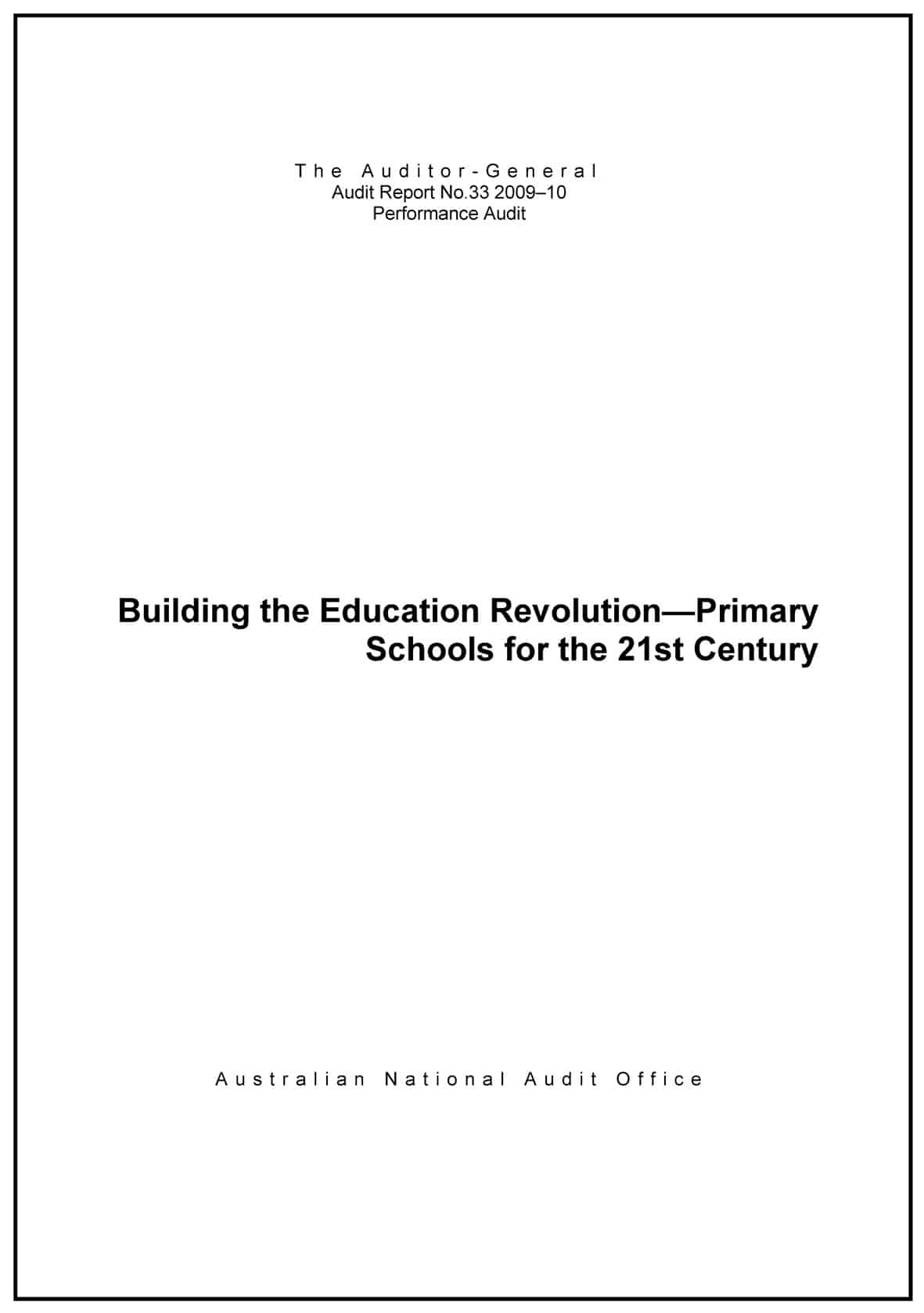HSE podcasts are almost always worth listening to. The June 2010 podcast capitalises on the topicality of offshore oil drilling generated by the BP incident in the Gulf of Mexico.
The podcast is available for listening online
The important element of the podcast is whether such deepwater drilling incidents could occur elsewhere? This is useful not only for the UK jurisdiction but for Europe and Australia.
The interview discusses the value of a “safety case” regulatory regime and the disadvantages of a prescriptive regime.
Interestingly the UK wells are individually notified to HSE almost a month before drilling is due to commence. This allows for an assessment of the well design and structure prior to activation.
Clearly, this approach stems from the Piper Alpha explosion in 1988. The BP Gulf incident can be considered the United States’ Piper Alpha.
It raises the question of did BP, an English company that should have been well aware of the usefulness of the safety case approach to drilling, apply a different approach to its Gulf drilling contractors to that applied elsewhere, and why? Was BP really committed to “best practice” in safety, or as it called it “beyond the best“?


